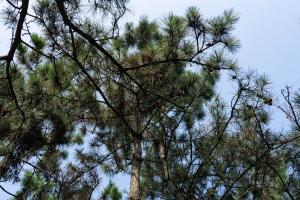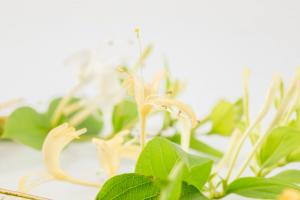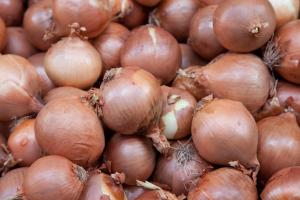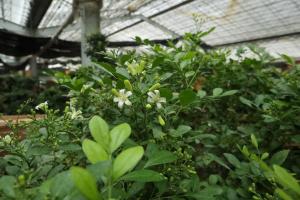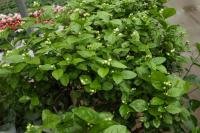1、 Curing method
1. Temperature: it has outstanding cold resistance, but it can only withstand the low temperature of minus five degrees. If the temperature is too low, it is likely to frostbite the plant, so try to keep the temperature between 15 degrees and 30 degrees. Of course, its heat resistance is not very strong. If the temperature continues to rise in summer, it needs to be cooled
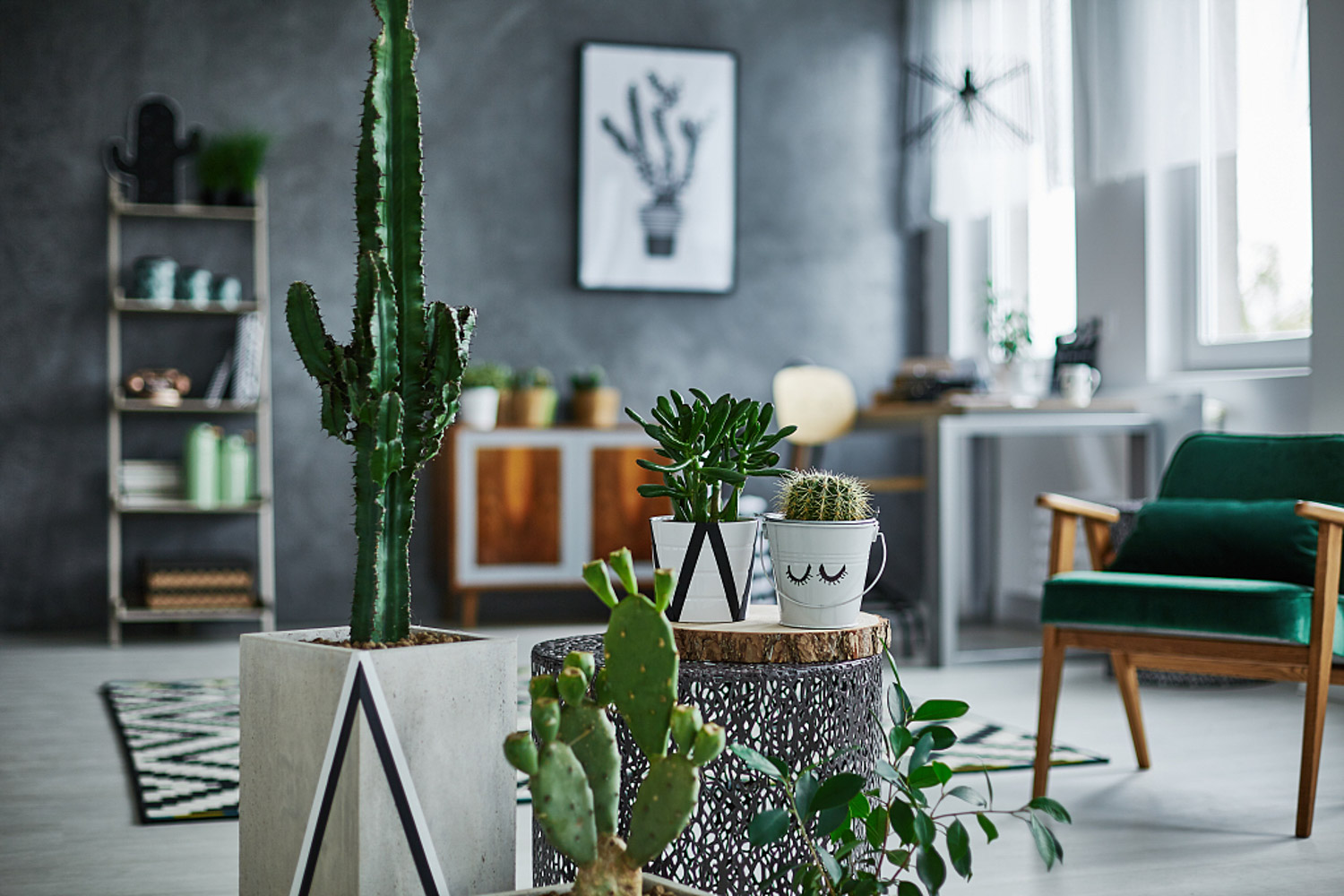
2. Watering: the normal growth of scarab needs to provide sufficient water, so that its branches and leaves will be more full and green, otherwise the branches and leaves will become shriveled and lose their ornamental value. However, it can endure drought in late spring and early summer. Don't water too much at this time, otherwise it will affect its growth. It can be watered normally in other seasons
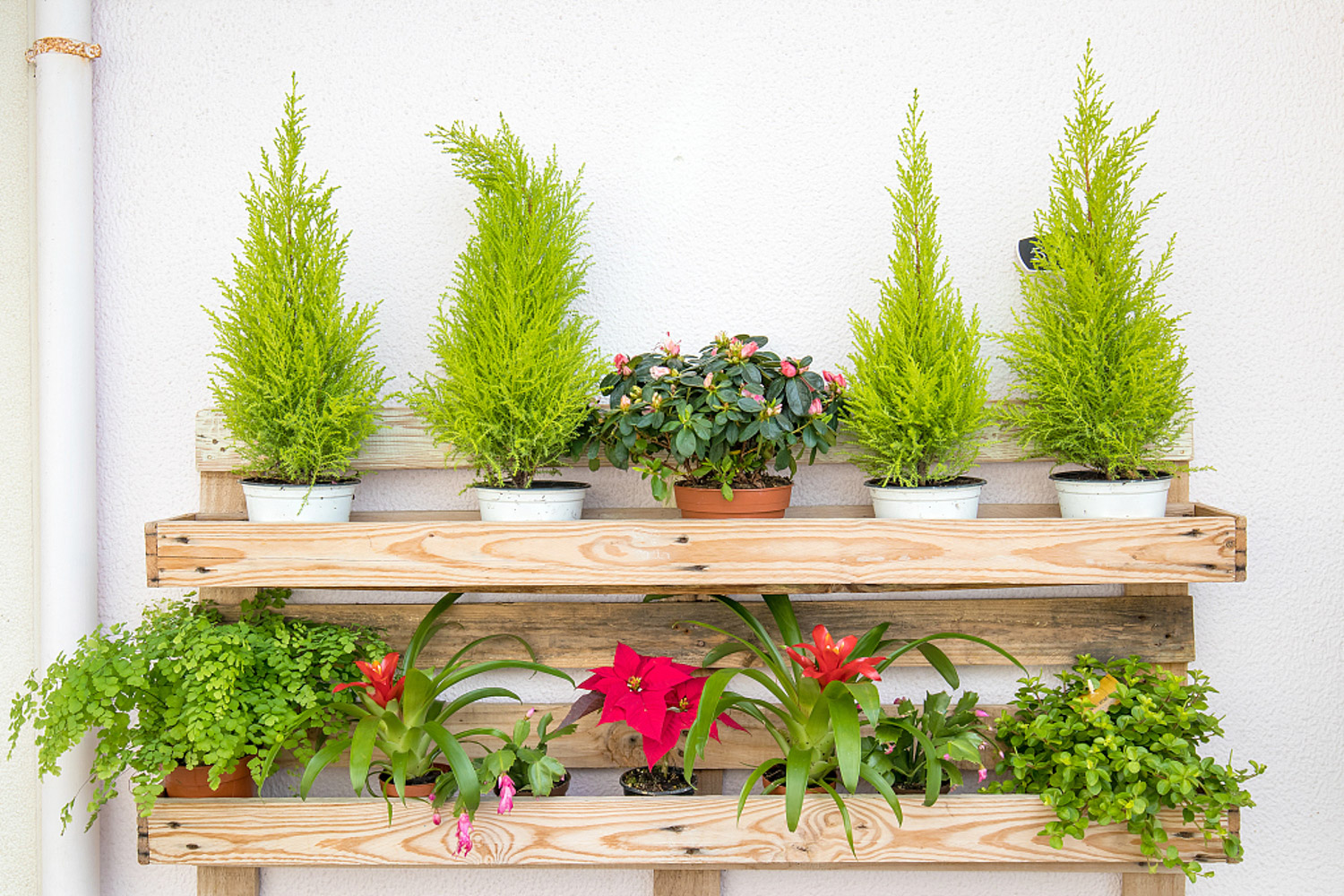
3. Light: the normal growth of scarab needs to provide sufficient and warm sunshine, and its color will change with the light. If the light is enough, its color will appear yellow green after fertilization. If it is planted in a dark environment, its color will become dark green. If the light is seriously insufficient, the phenomenon of overgrowth is very obvious
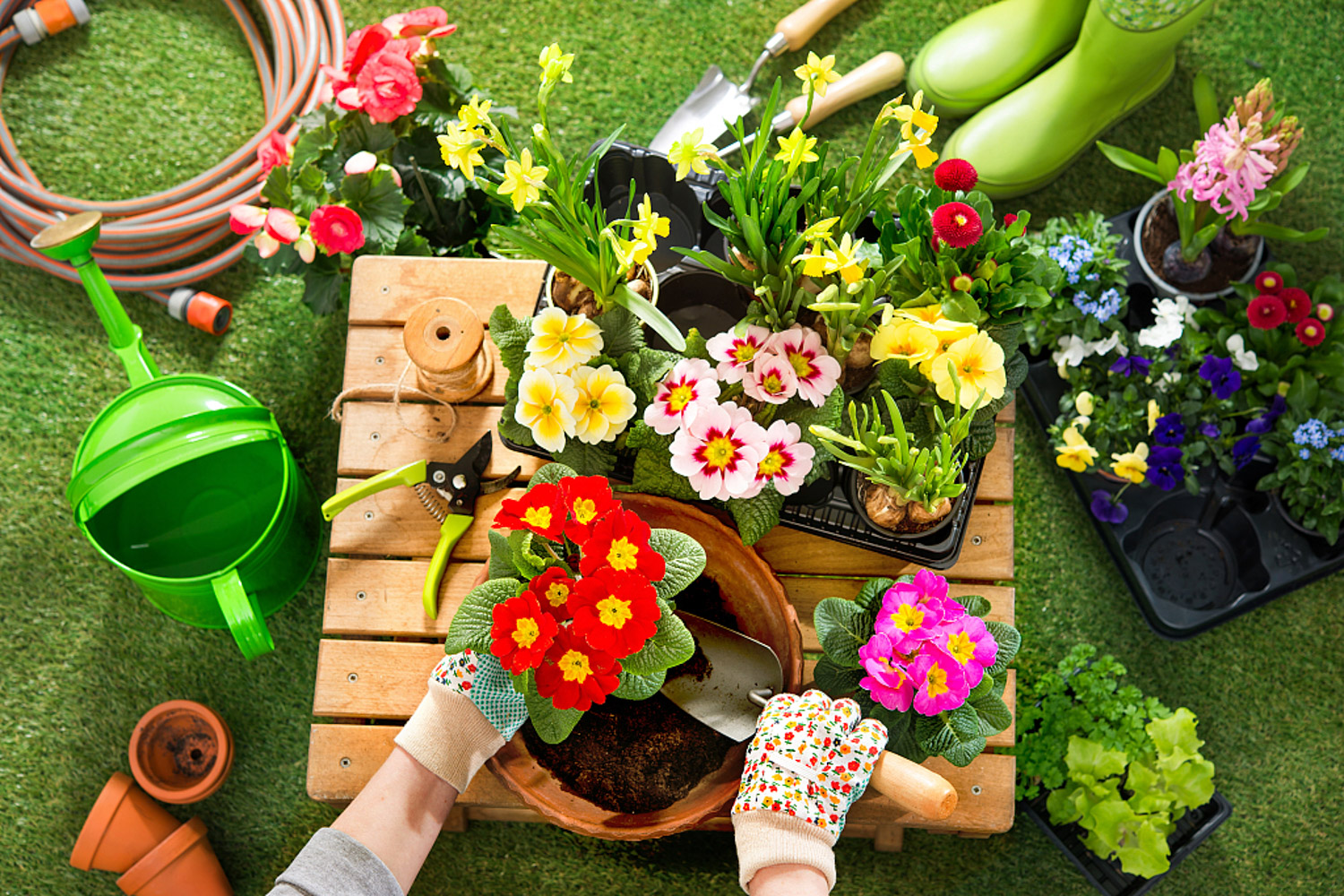
4. Fertilization: sufficient nutrients can promote its analysis, so as to grow more vigorously. At the same time, fertilizer should be applied once a month. It is best to apply some rotten manure to it, which is more conducive to absorption
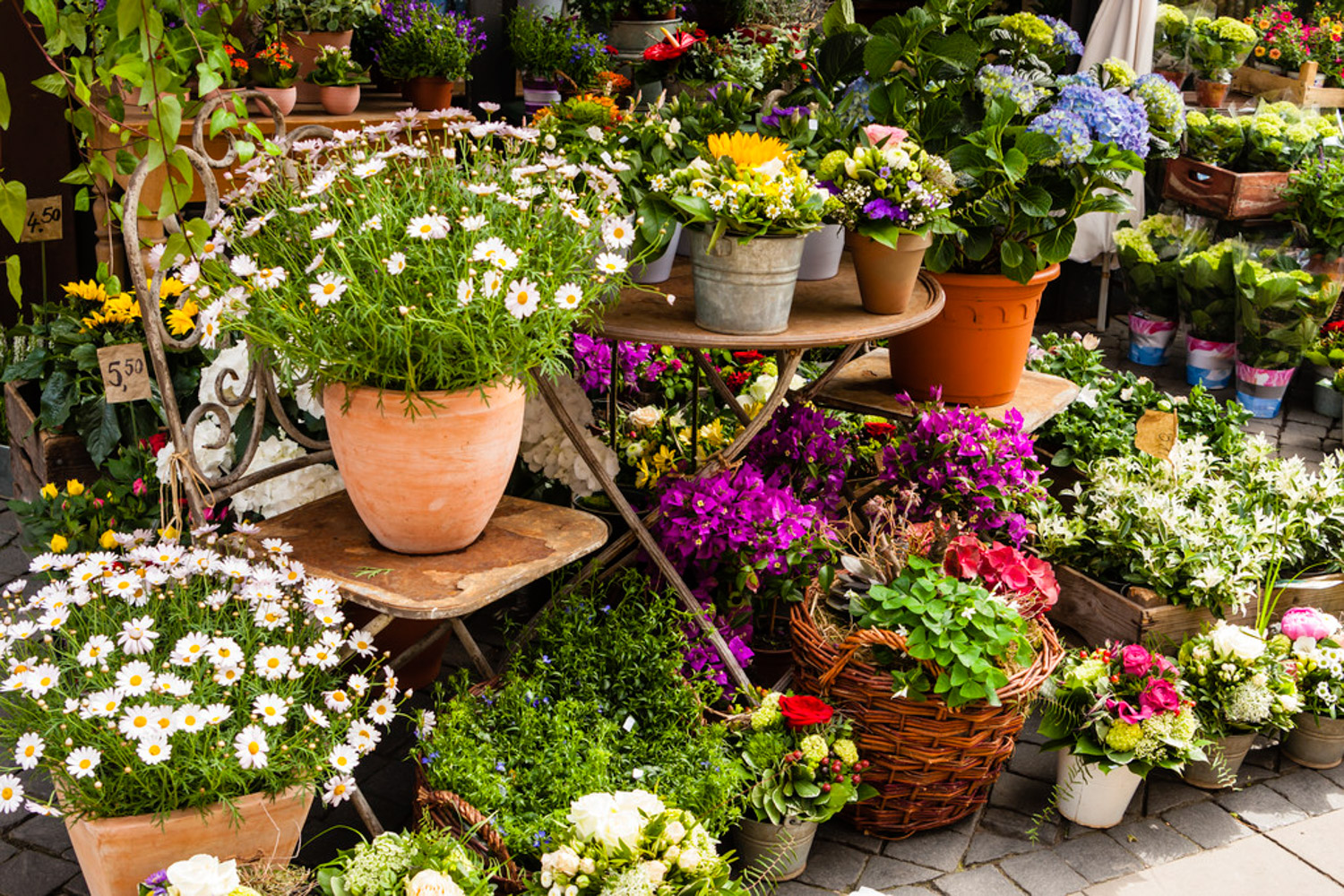
2、 Breeding skills
1. Propagation: cutting and sowing are common methods. Cutting is relatively simple. It can be carried out in summer and autumn. Try to cut in warm weather. It's best to sow in rainy or cloudy days, because the probability of seed germination will be higher
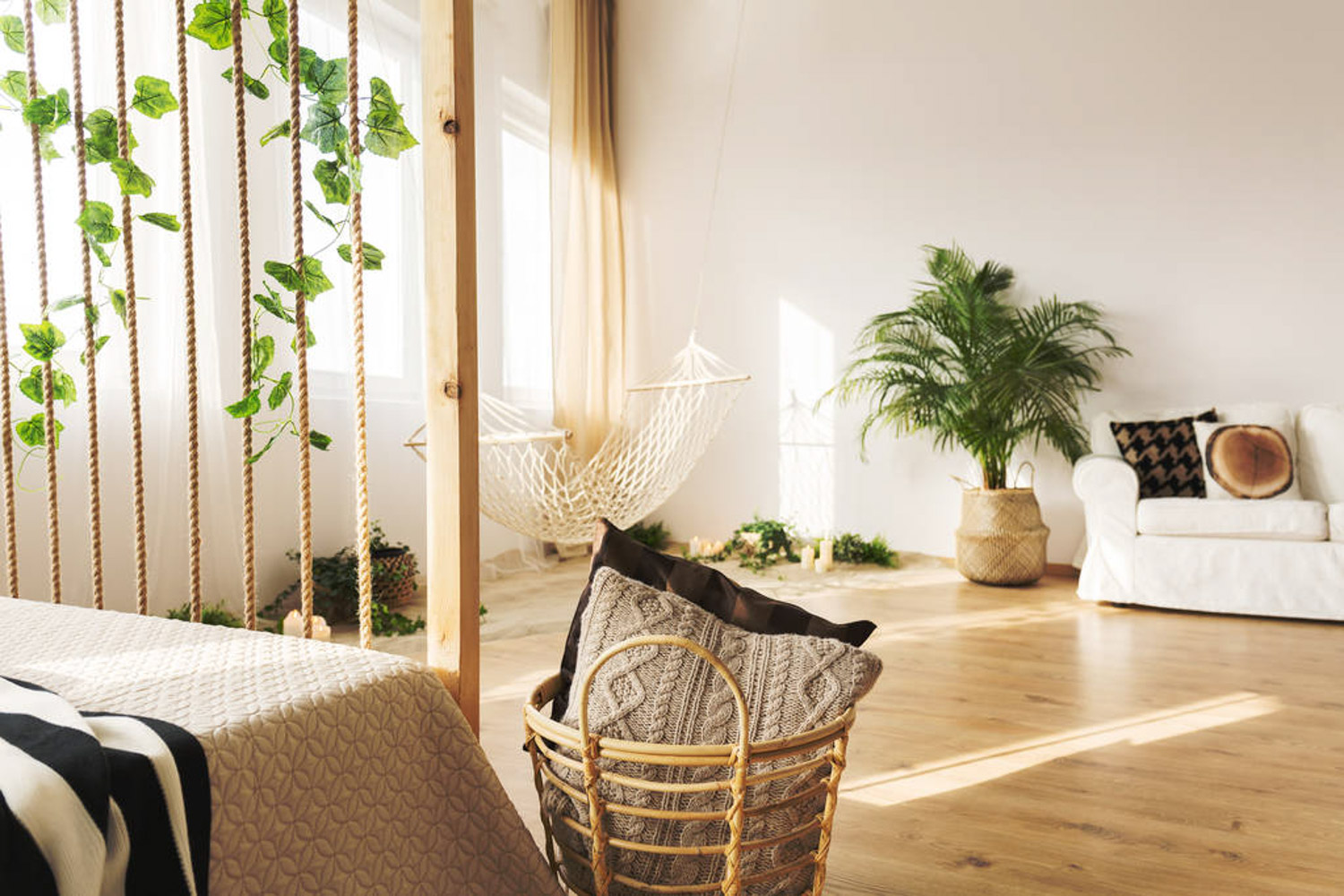
2. Pruning: The Scarab itself does not need to be pruned greatly, but some weeds often appear around it, which seriously affects the ornamental value. Therefore, these weeds need to be cleaned up. Of course, there are yellowing branches and leaves, which also need to be cut off in time
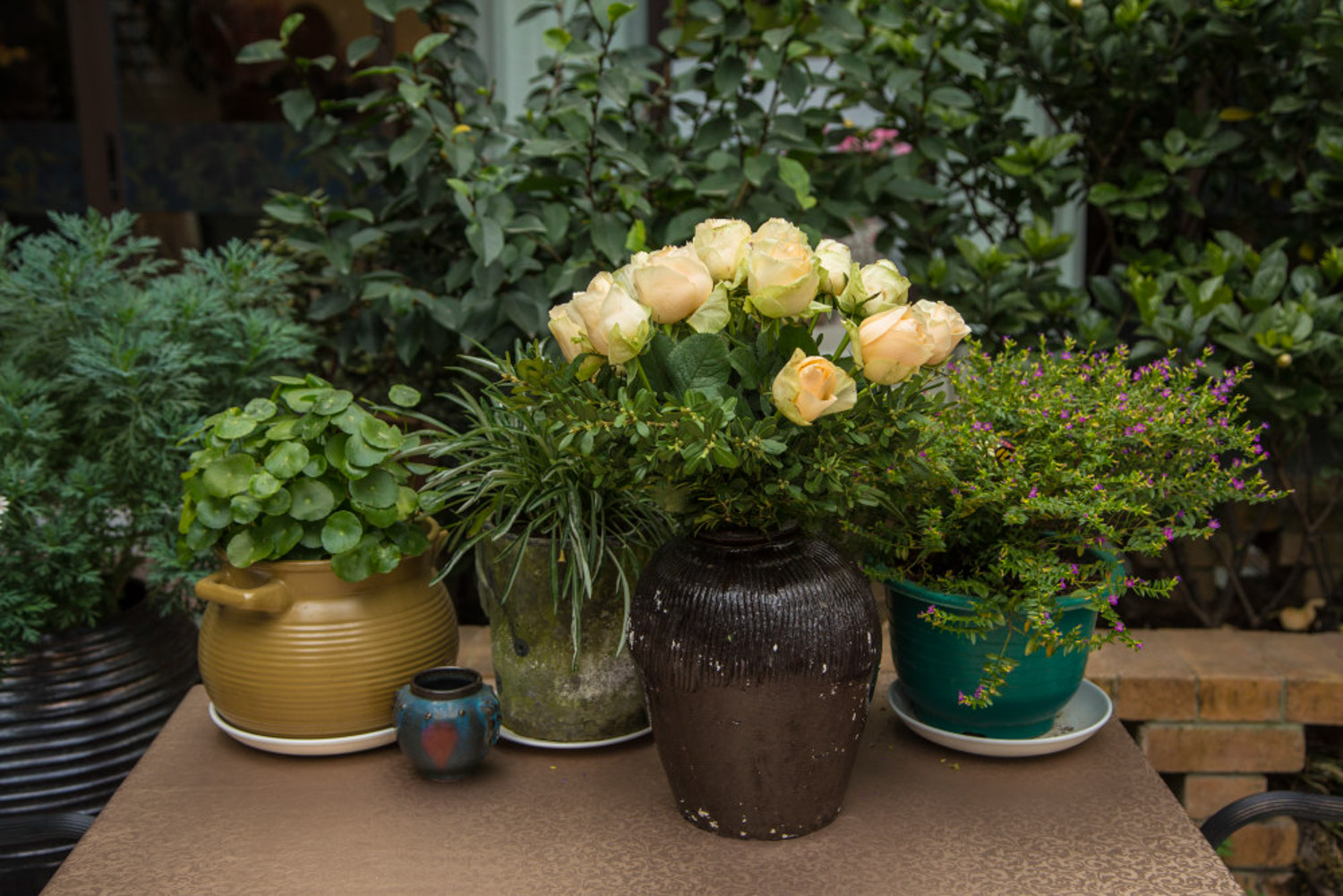
3、 Diagnosis and treatment problems
1. Diseases: diseases rarely occur, but ponding is likely to lead to rotten roots and leaves, which can be controlled by spraying wettable powder
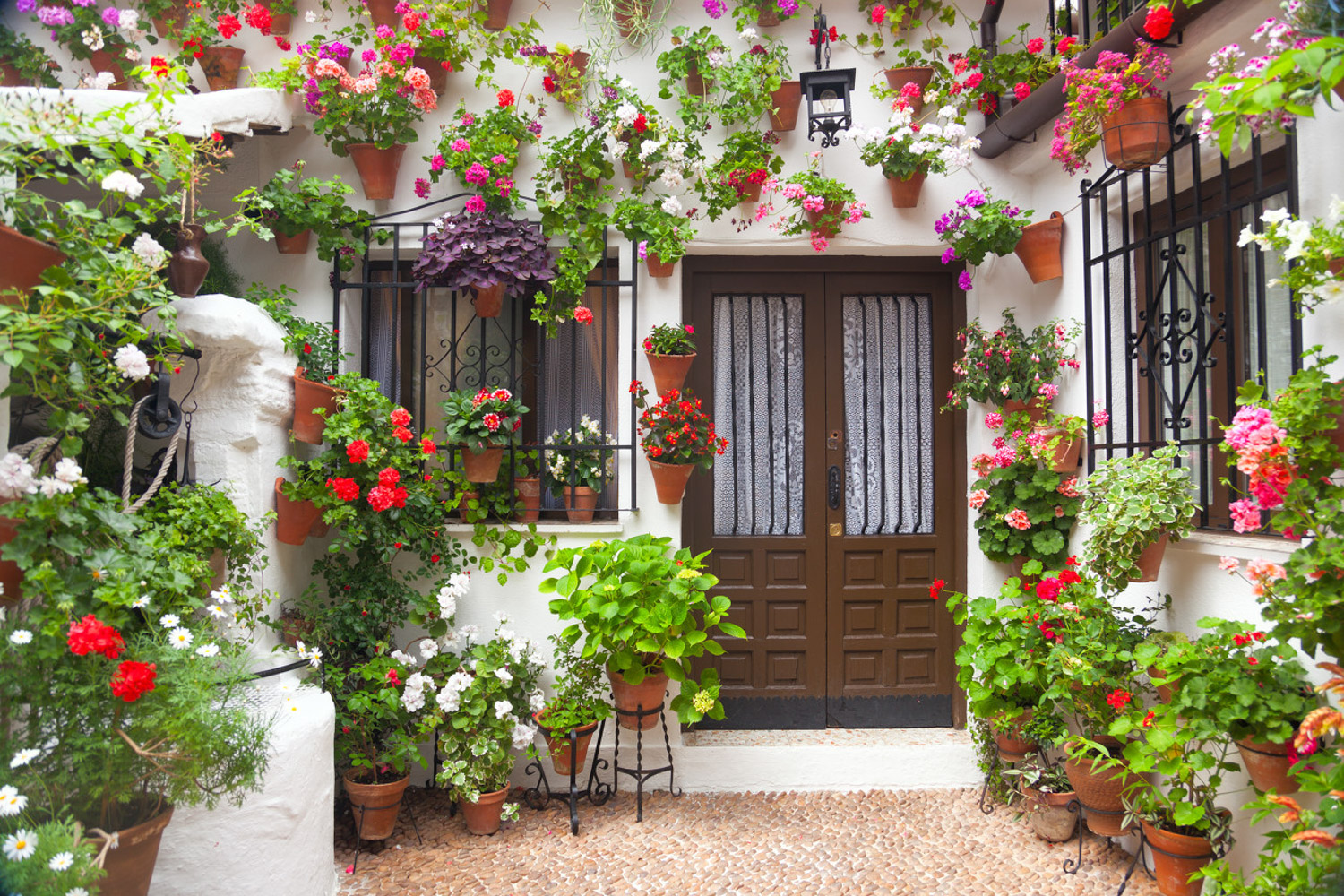
2. Pests: there are few pests. If snails appear, they can be directly eliminated manually
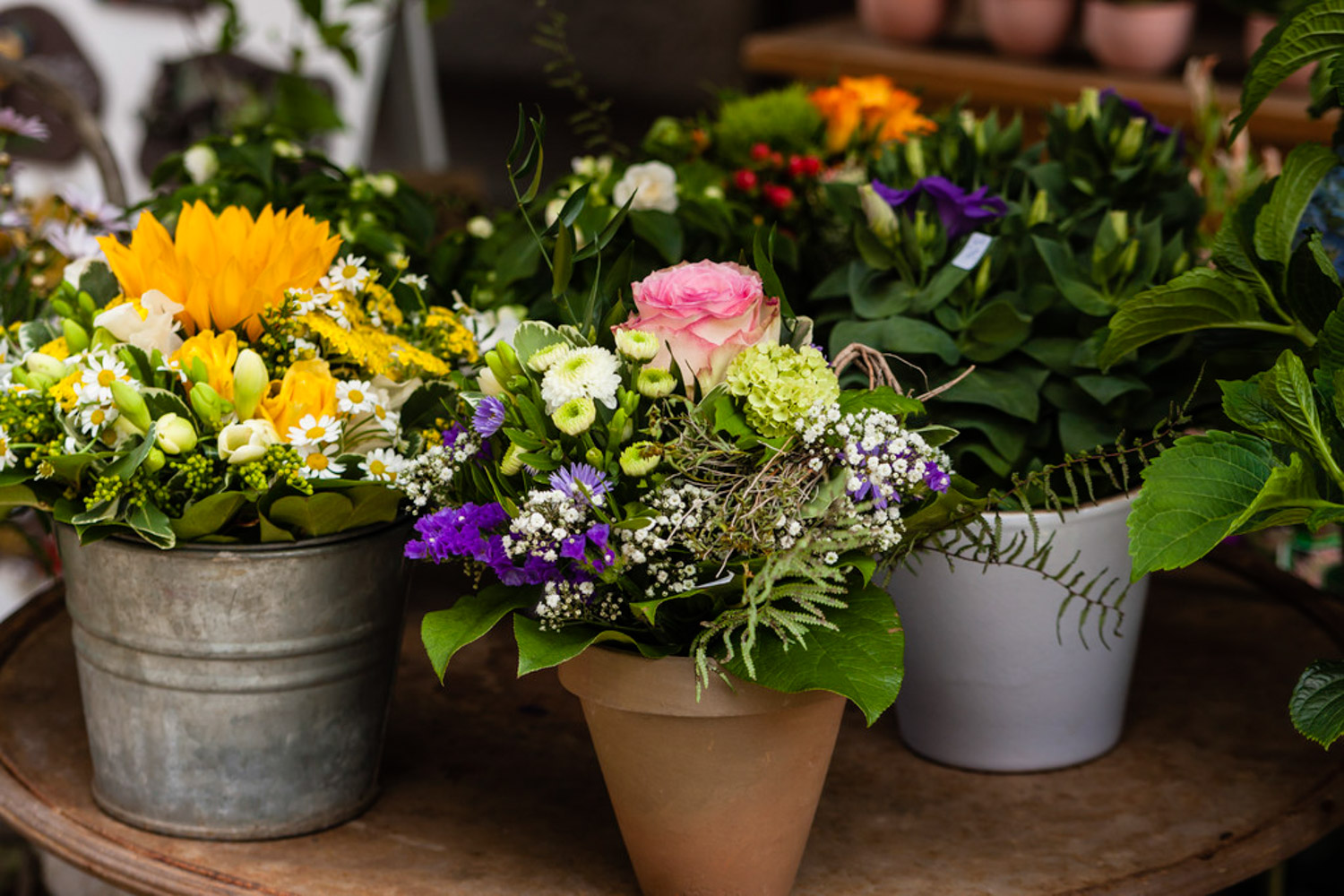
4、 Other issues
1. Toxicity: no poison, can be planted in a large area
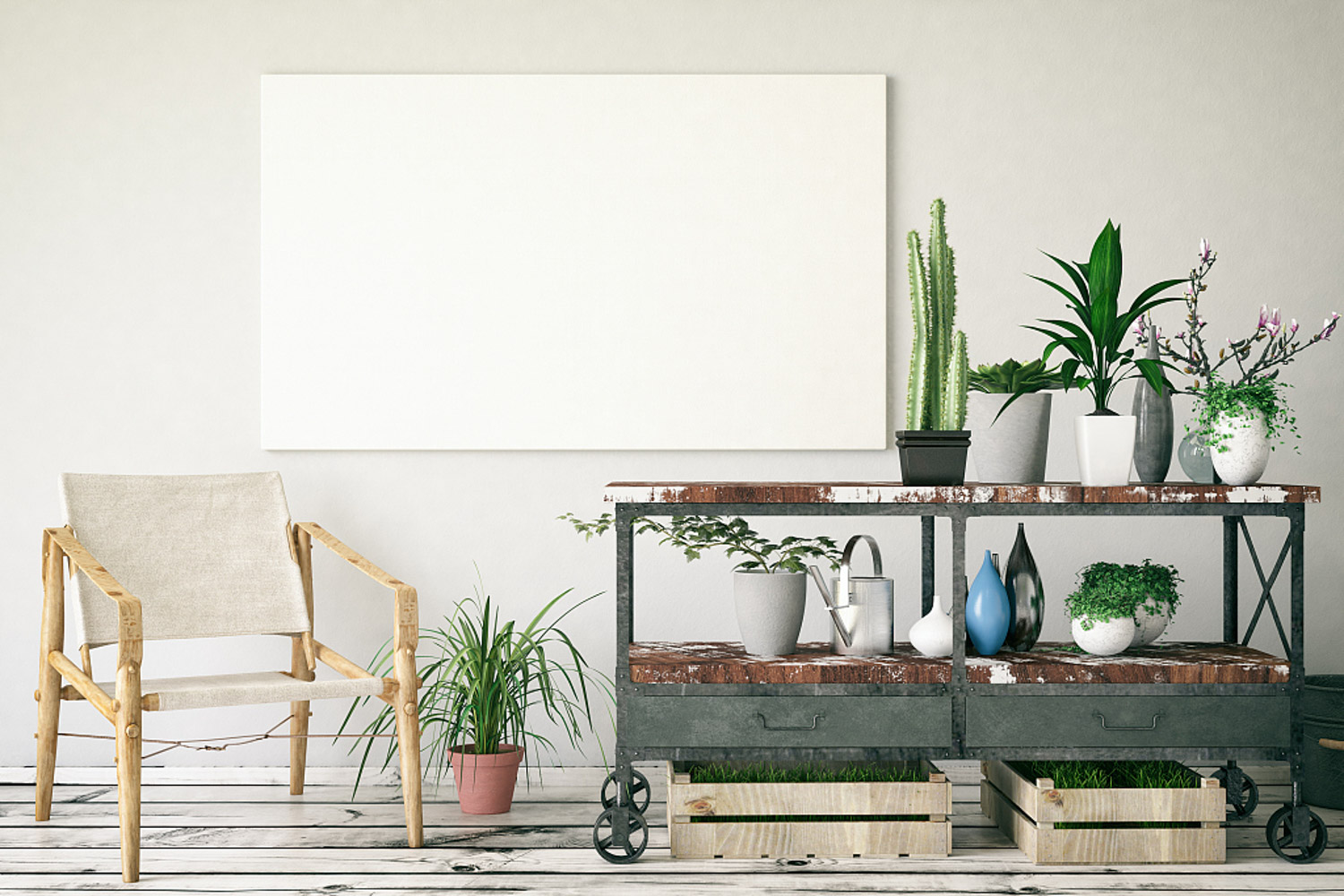
2. Whether it can be raised at home: Yes, its ornamental value is OK, and it's great to make bonsai
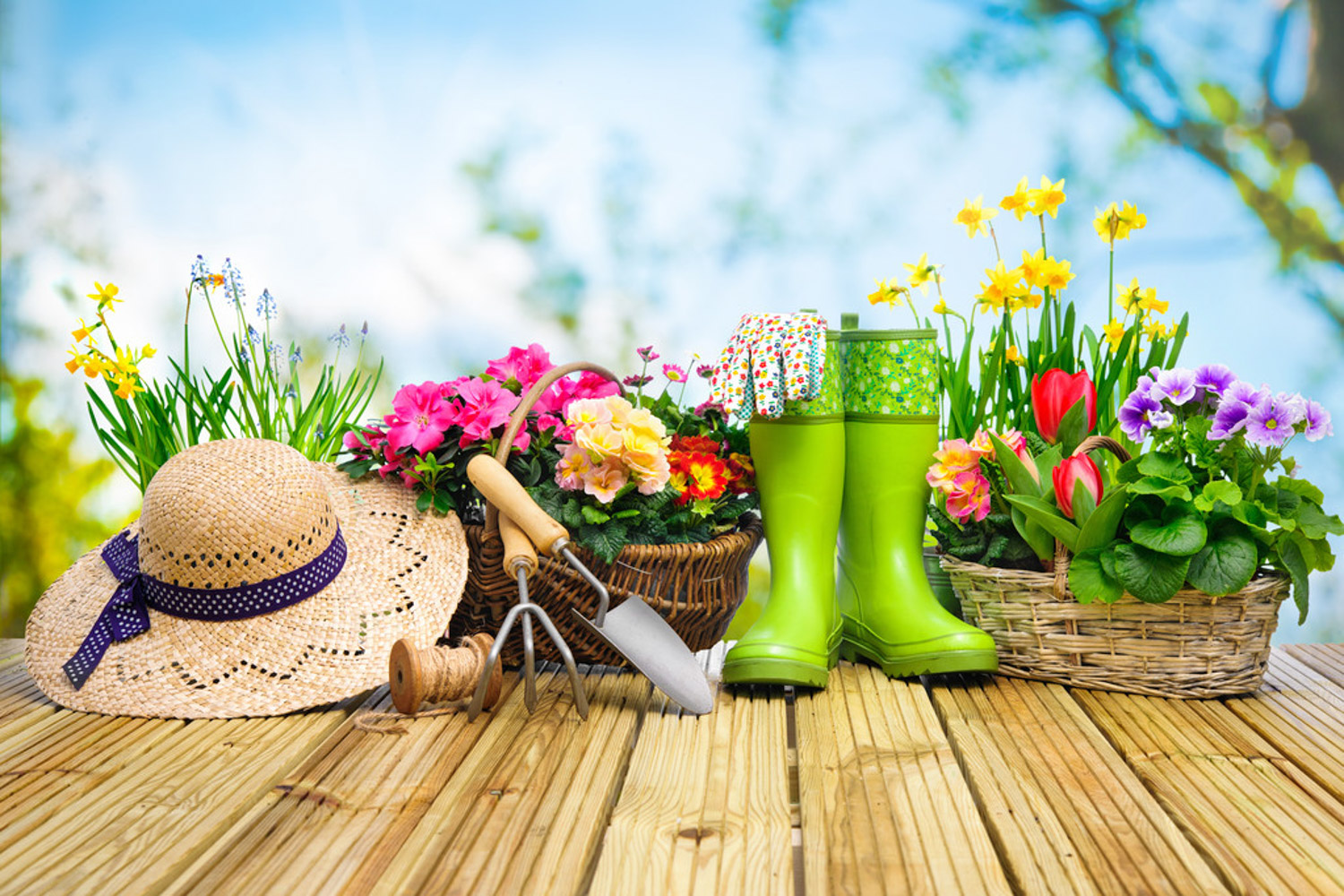

 jackfruit
jackfruit snake plant
snake plant hibiscus
hibiscus hydrangea
hydrangea lavender
lavender Green roses climb al...
Green roses climb al... If you don't pay att...
If you don't pay att... Management of four g...
Management of four g...
